Quality management
Quality management
Was ist Quality Management?
Quality management ist ein wichtiger Aspekt in vielen Industriebranchen, einschließlich der Stahlproduktion und dem Stahlhandel. Es umfasst alle Aktivitäten und Prozesse, die eine Organisation durchführt, um sicherzustellen, dass ihre Produkte oder Dienstleistungen den gewünschten Standards entsprechen.
Warum ist Quality Management wichtig?
Quality management gewährleistet, dass Stahlprodukte sicher, zuverlässig und von hoher Qualität sind. Es ist entscheidend für den Stahlhandel, da es dabei hilft, Qualität, Konsistenz und Zuverlässigkeit zu gewährleisten. Dies wiederum erhöht den Kundendienst und verbessert die Wettbewerbsfähigkeit eines Unternehmens auf dem Markt.
Bestandteile des Quality Managements
Das Quality management besteht aus vier Hauptkomponenten: Qualitätsplanung, Qualitätskontrolle, Qualitätssicherung und Qualitätsverbesserung. Qualitätsplanung umfasst das Erstellen von Plänen für die Produktqualität, das Entwerfen von Prozessen und das Setzen von Qualitätszielen. Qualitätskontrolle umfasst die Durchführung von Tests und Inspektionen, um sicherzustellen, dass Produkte und Prozesse die gesetzten Qualitätsziele erfüllen. Qualitätssicherung umfasst die Prüfung der Prozesse, um sicherzustellen, dass sie korrekt ausgeführt werden. Qualitätsverbesserung umfasst Maßnahmen zur Steigerung der Leistungsfähigkeit und Effizienz der Prozesse.
Quality Management in der Stahlproduktion und dem Stahlhandel
In der Stahlproduktion sind genaue und konsistente Produktionstechniken kritisch für die Qualität des Endprodukts. Quality management umfasst die Überwachung und Kontrolle aller Aspekte der Produktion, vom Rohstoffaufnahme über den Produktionsprozess bis hin zur Endproduktinspektion. Im Stahlhandel konzentriert sich das Quality Management in erster Linie auf die Sicherheit und Zuverlässigkeit des Transports des Stahls sowie auf die Einhaltung der rechtlichen und regulatorischen Standards.
Wie profitiert die Stahlindustrie vom Quality Management?
Quality management bringt viele Vorteile für die Stahlproduktion und den Stahlhandel. Durch die Gewährleistung konsistenter Produktqualität erhöht es die Kundenzufriedenheit und fördert die Markenreputation. Es hilft auch dabei, Kosten zu senken und die Effizienz zu steigern, indem Prozesse gestrafft und Fehler minimiert werden. Es ist ein wichtiger Faktor zur Verbesserung der globalen Wettbewerbsfähigkeit und zur Gewinnung neuer Märkte.
Blog Posts with the term: Quality management
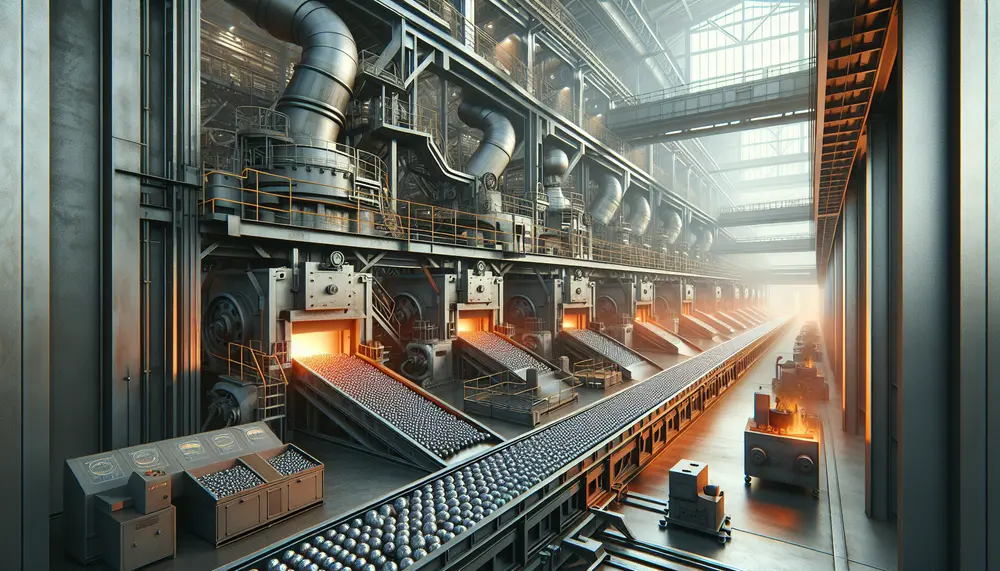
The manufacturing of steel balls is a complex process involving precise steps to produce high-quality products for various applications. It starts with selecting the right raw materials and includes forging, flashing, heat treating, grinding, lapping, and rigorous inspections to ensure...
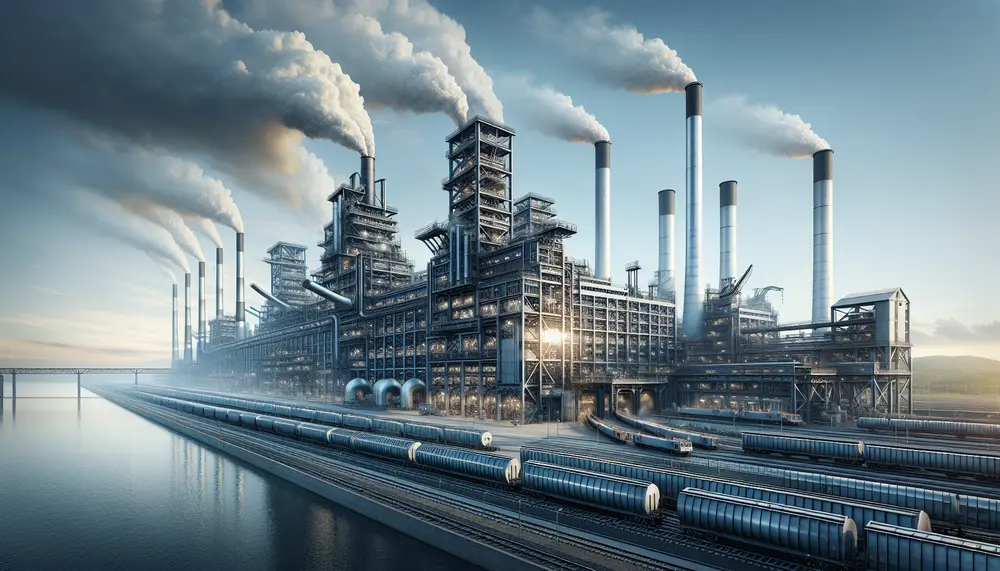
The article explains the steel making process at SAIL Bokaro, highlighting its precision and adherence to quality and environmental standards. It details the journey from raw materials like iron ore, coal, and limestone through various stages including blast furnaces and...
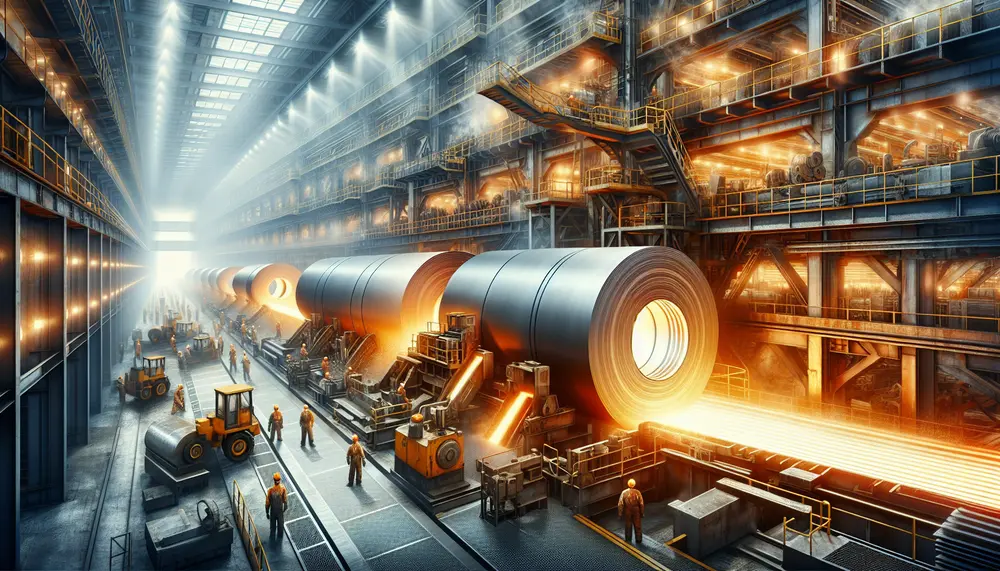
Steelmaking rolling is a crucial process that transforms raw steel into various usable forms by passing it through rollers to reduce thickness, improve uniformity, and achieve specific mechanical properties. The article details the stages of hot and cold rolling, the...
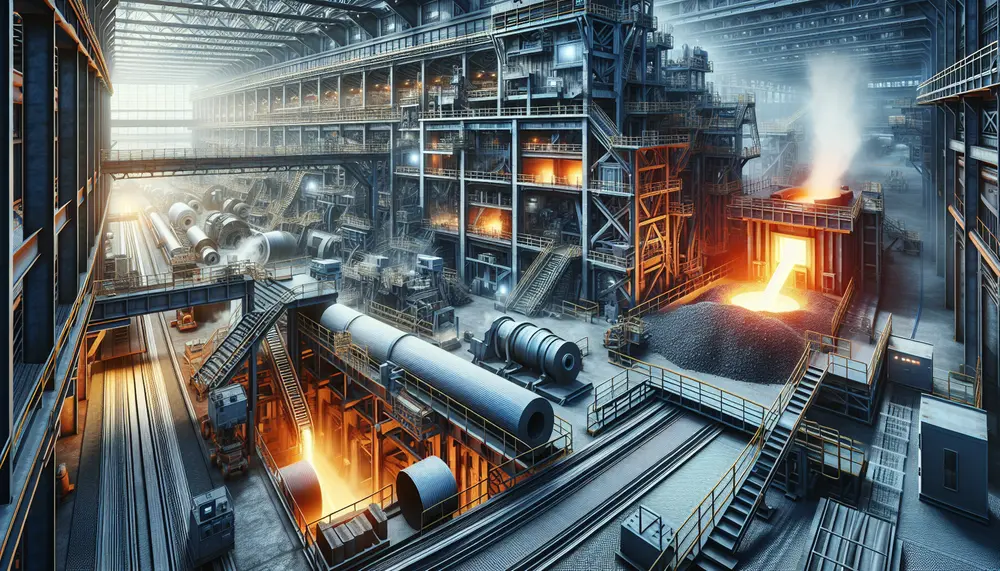
JSW Steel employs advanced technology and sustainable practices in its steel manufacturing process, starting with the selection of raw materials like iron ore and coal. The company focuses on producing high-quality steel through a series of steps including melting, refining,...
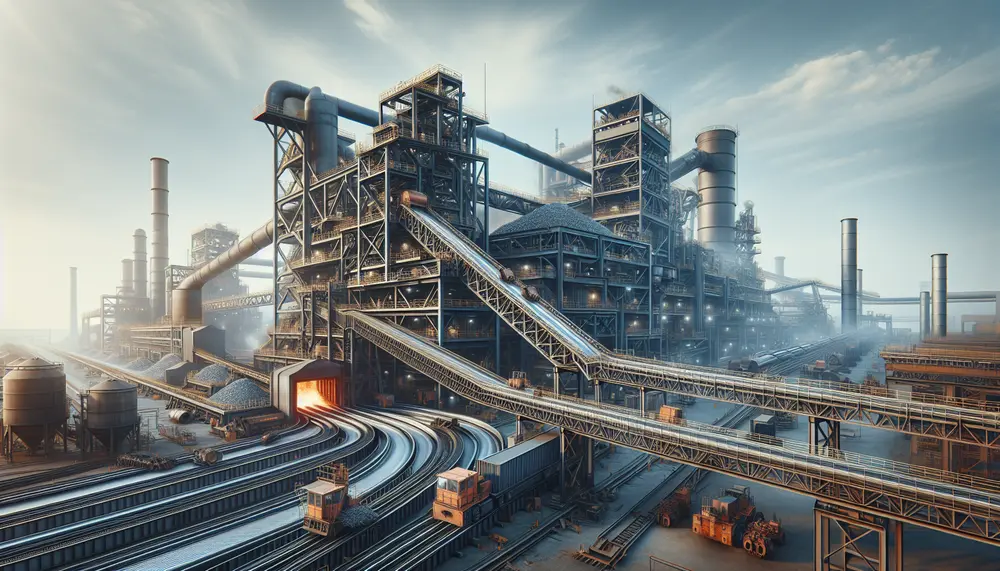
Steel manufacturing from scrap is a sustainable process that reduces environmental impact and conserves resources. It involves collection, separation, melting in an electric arc furnace, refining to remove impurities, adding alloy elements, and casting into new products; recycling steel offers...
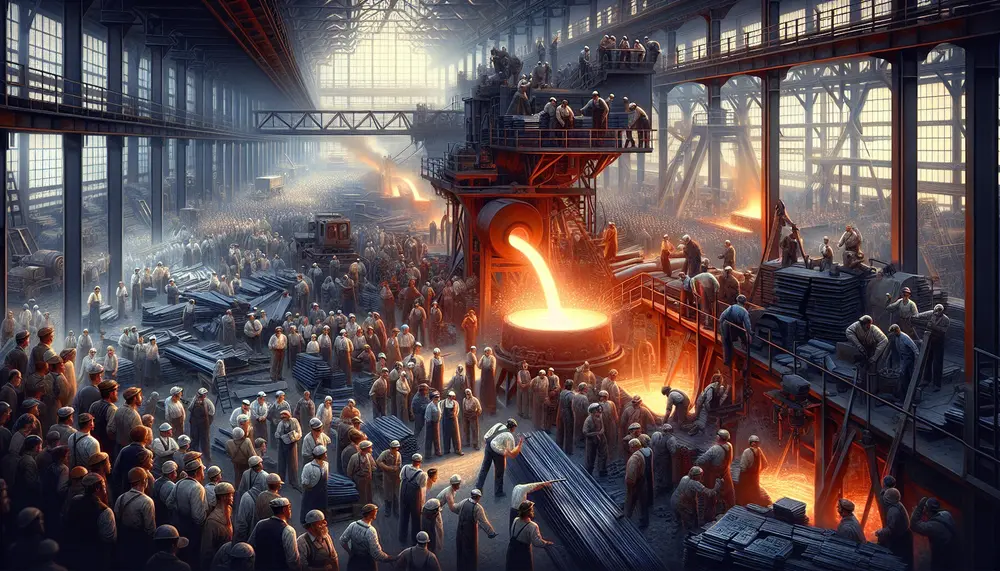
Steel making transforms iron ore into steel using blast furnaces or electric arc furnaces, involving processes like smelting and carbon adjustment to achieve desired properties. The production includes primary methods like Basic Oxygen Steelmaking and Electric Arc Furnace, followed by...
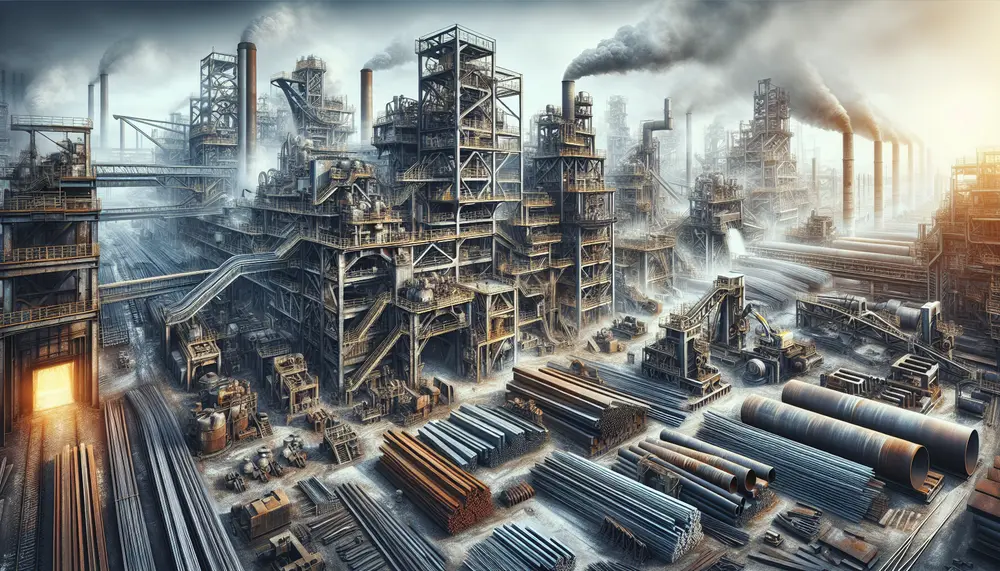
Steel fabrication involves transforming raw steel into structures or products using various techniques like cutting, bending, and joining to ensure strength and quality. Material selection is critical in this process as it affects the performance and longevity of the final...
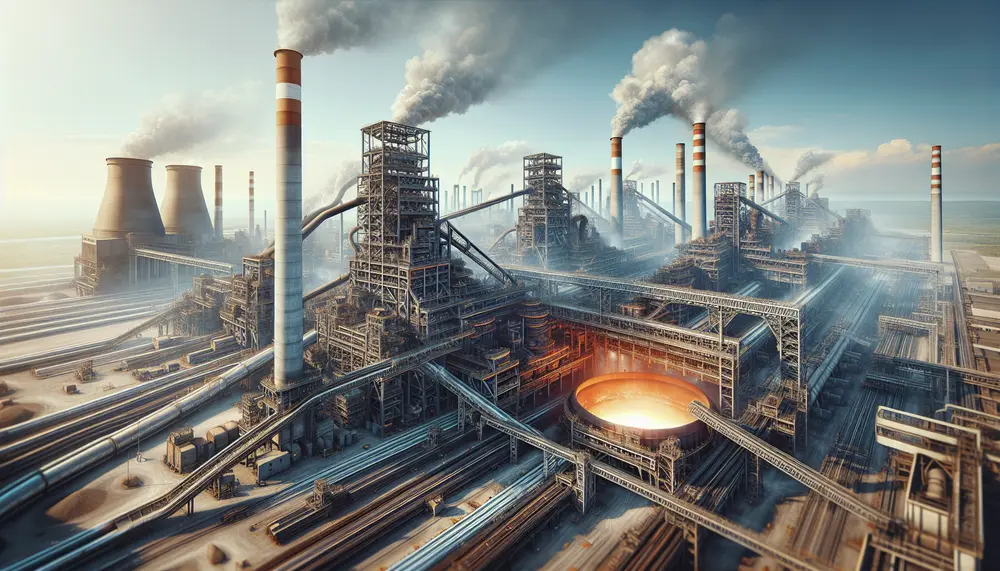
Steelmaking transforms iron ore and scrap into steel, a process that involves altering the chemical composition of iron to enhance its properties such as strength and durability. The primary methods include Oxygen Steelmaking for reducing carbon content in molten iron...
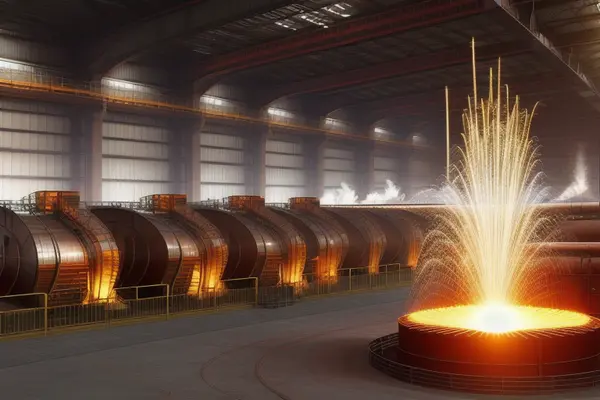
The steel making process involves several steps, starting with raw materials like iron ore, coal and limestone. The article explains the transformation of these elements into steel through processes such as blast furnace method for creating iron from iron ore,...
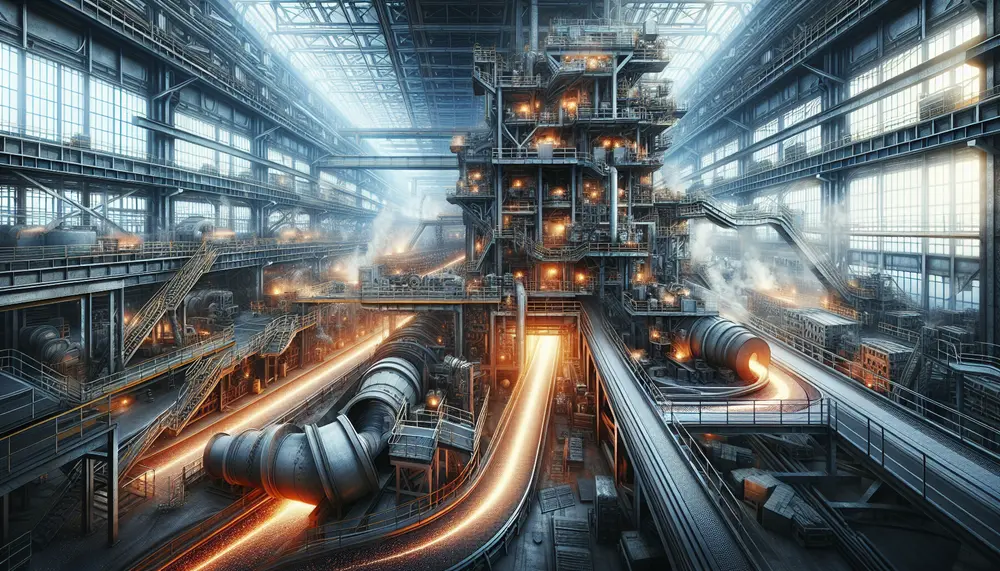
Steel manufacturing transforms iron ore into steel through a series of processes, starting with smelting in blast furnaces and including primary and secondary steelmaking to adjust chemical composition and remove impurities. The final product is cast, formed, and carefully temperature-controlled...
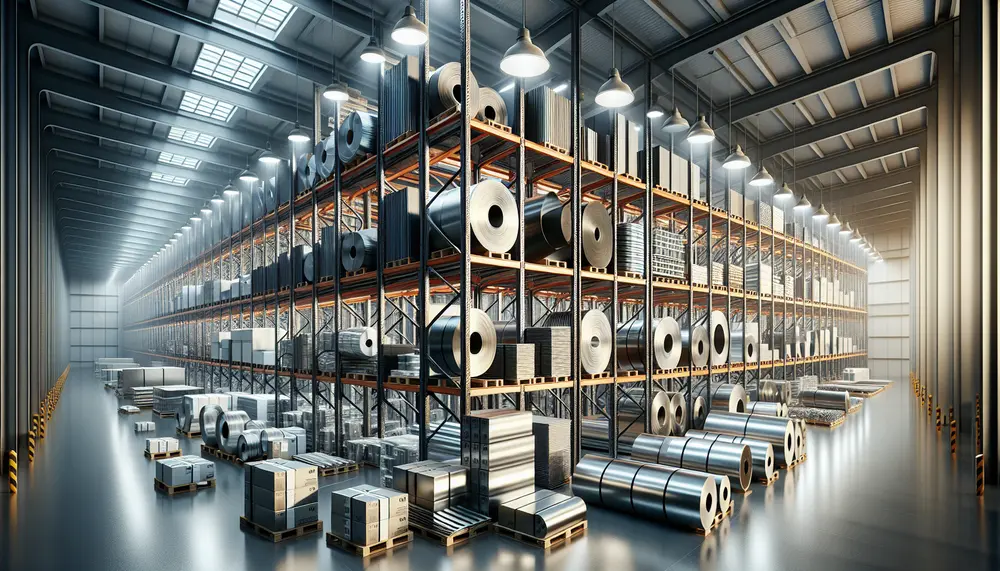
The steel products industry is entering a new era where brands are focusing on innovation, quality, and sustainability to meet higher customer expectations. Branding has become essential in differentiating companies within the market through trust, credibility, and unique selling propositions...
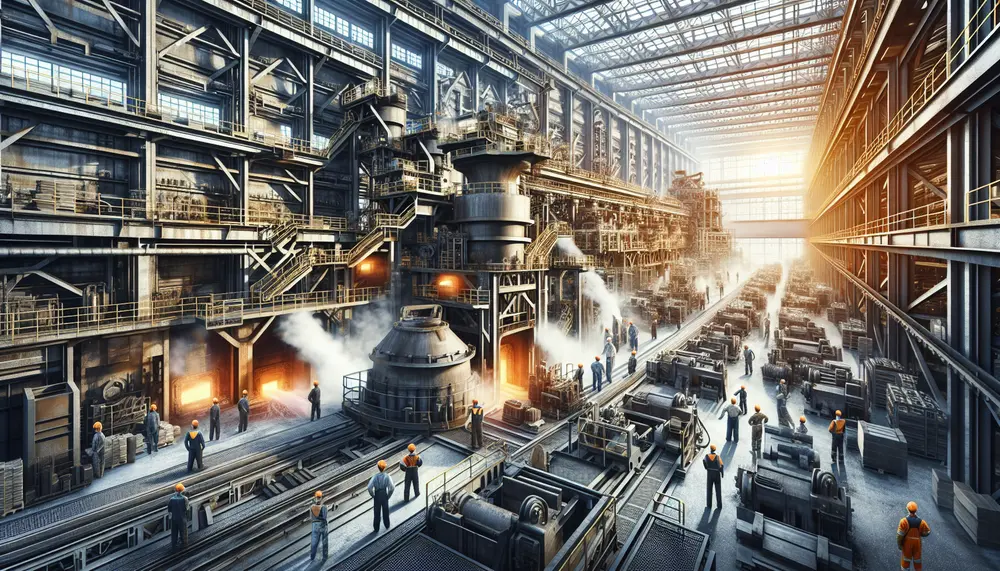
The article discusses the importance of understanding and optimizing key metrics in steelmaking yield, such as Gross Yield, Net Yield, and Yield Loss, to improve efficiency and sustainability. It also highlights factors influencing yield like raw material quality and technological...
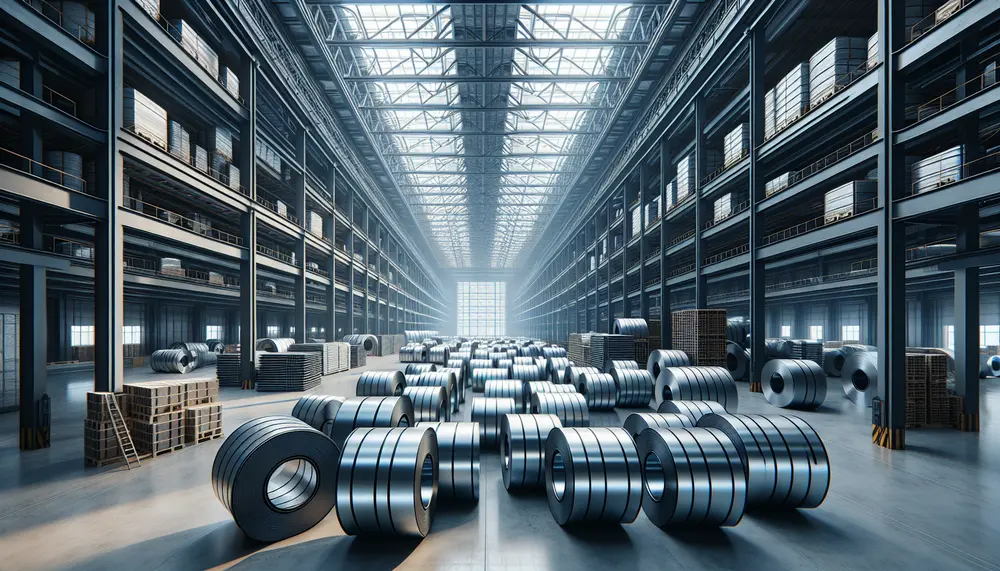
Steel Asia's products are central to economic growth across industries by providing innovative, customizable steel solutions for construction and manufacturing. Their high-performance product range meets specific customer needs while setting industry standards through advanced technology and material science expertise. Understanding the...
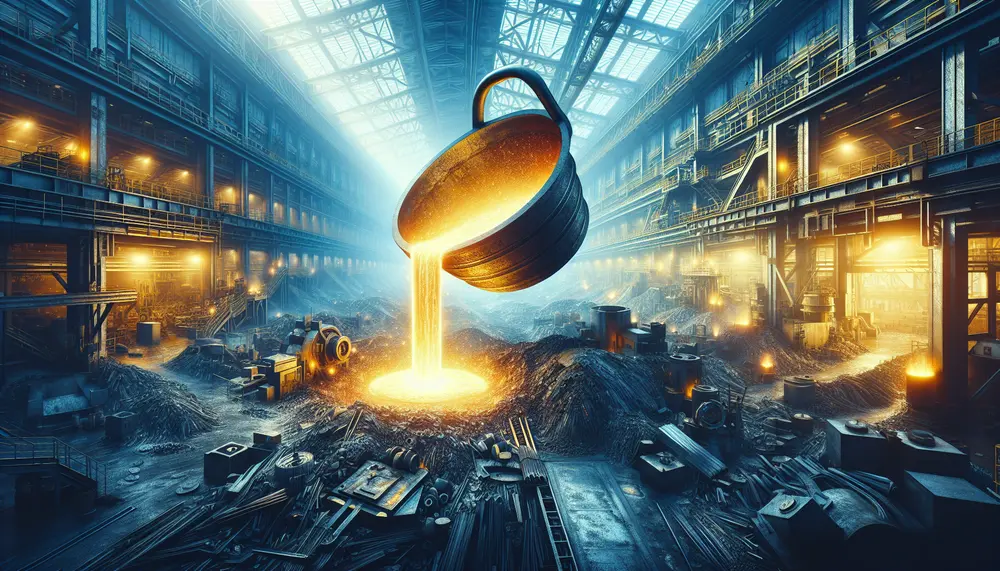
Metal manufacturing involves techniques like forming, machining, casting, joining, and finishing to create products from raw materials. Understanding these processes is essential in the industry; additional methods include extrusion, stamping, deep drawing, and shearing. Heat treatment alters metal properties through...
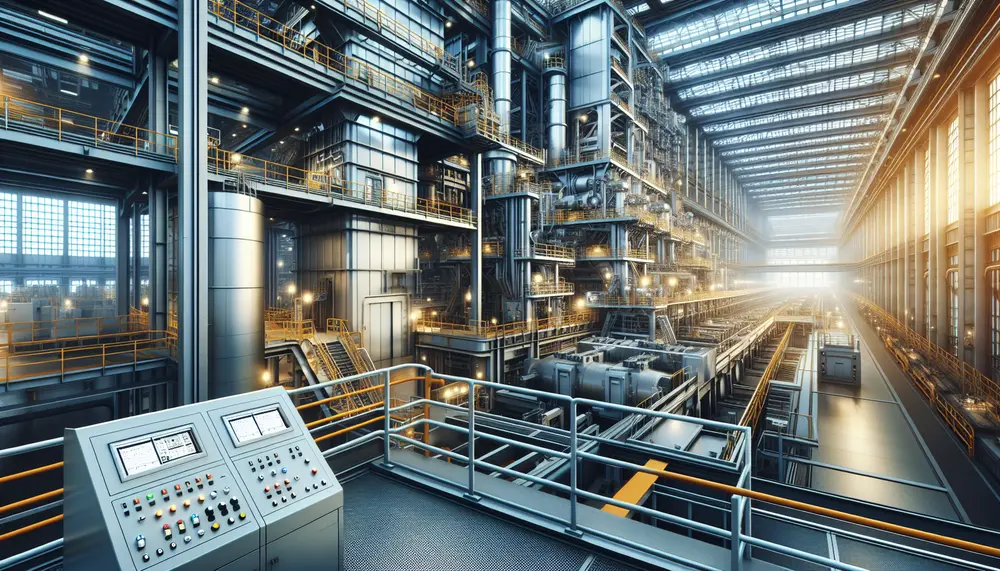
Steelmaking equipment is essential for transforming iron ore into steel, involving complex machines like furnaces and continuous casting machines that handle everything from melting to shaping. Technological advancements in this equipment have greatly improved efficiency, quality control, and environmental sustainability...
